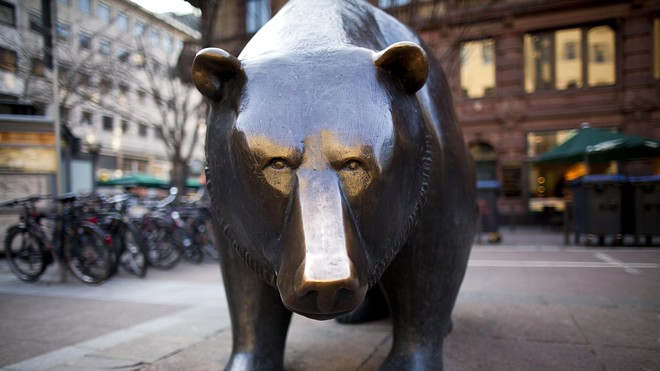My four would be pretty much a rehash of what's already said:
Honourable mentions:
Habitat first. Populations and access after. Once we have the habitat, we can focus on growing the herds. And once we grow the herds, we can focus on gaining access to them. Or vice versa. With limited resources, we have to pick and choose where we dedicate those resources, and I feel that habitat is the one piece that we will never be able to recover once lost, and is therefore the most time sensitive. Anything that accomplishes all three is a major win in my book, but that's my opinion on it.
- Protect winter range/other critical habitat- this includes conservation easements, refuges, fish and wildlife areas, etc.
- Protect migration corridors
- Enforce wildlife harassment/herding laws, make penalties large enough to actually hurt those that herd/hoarde wildlife
- Habitat tolerance objectives instead of landowner tolerance
Honourable mentions:
- Legalize Corner crossing
- Remove protections from feral horses
- Cut grazing permits
- Charge market value for grazing permits on a cow-calf-unit-day basis.
- Eliminate domestic sheep in bighorn sheep habitat
- Increased "public access to private lands" programs
- More conservation easements
- Wildlife highway crossings
- Catalog the effect of "non-consumptive" users on wildlife and implement a program that charges them accordingly for the impact they have
- Reasonable season lengths that don't lead to game animals being pushed off of all the public land (Montana)
- Classify bison as wildlife instead of domestic livestock, begin reintroductions in suitable habitat
- Expand use of prescribed burning
- Constitutionally protect hunting as a right of the people
- Require scientific management of wildlife- ballot initiatives and legislative decisions are only suggestions, science rules all
- Landowner tags are for landowners and immediate family only, non-transferable, non-sellable, etc.
- Eliminate frivolous lawsuits a la wolves and grizzly bears
Habitat first. Populations and access after. Once we have the habitat, we can focus on growing the herds. And once we grow the herds, we can focus on gaining access to them. Or vice versa. With limited resources, we have to pick and choose where we dedicate those resources, and I feel that habitat is the one piece that we will never be able to recover once lost, and is therefore the most time sensitive. Anything that accomplishes all three is a major win in my book, but that's my opinion on it.





